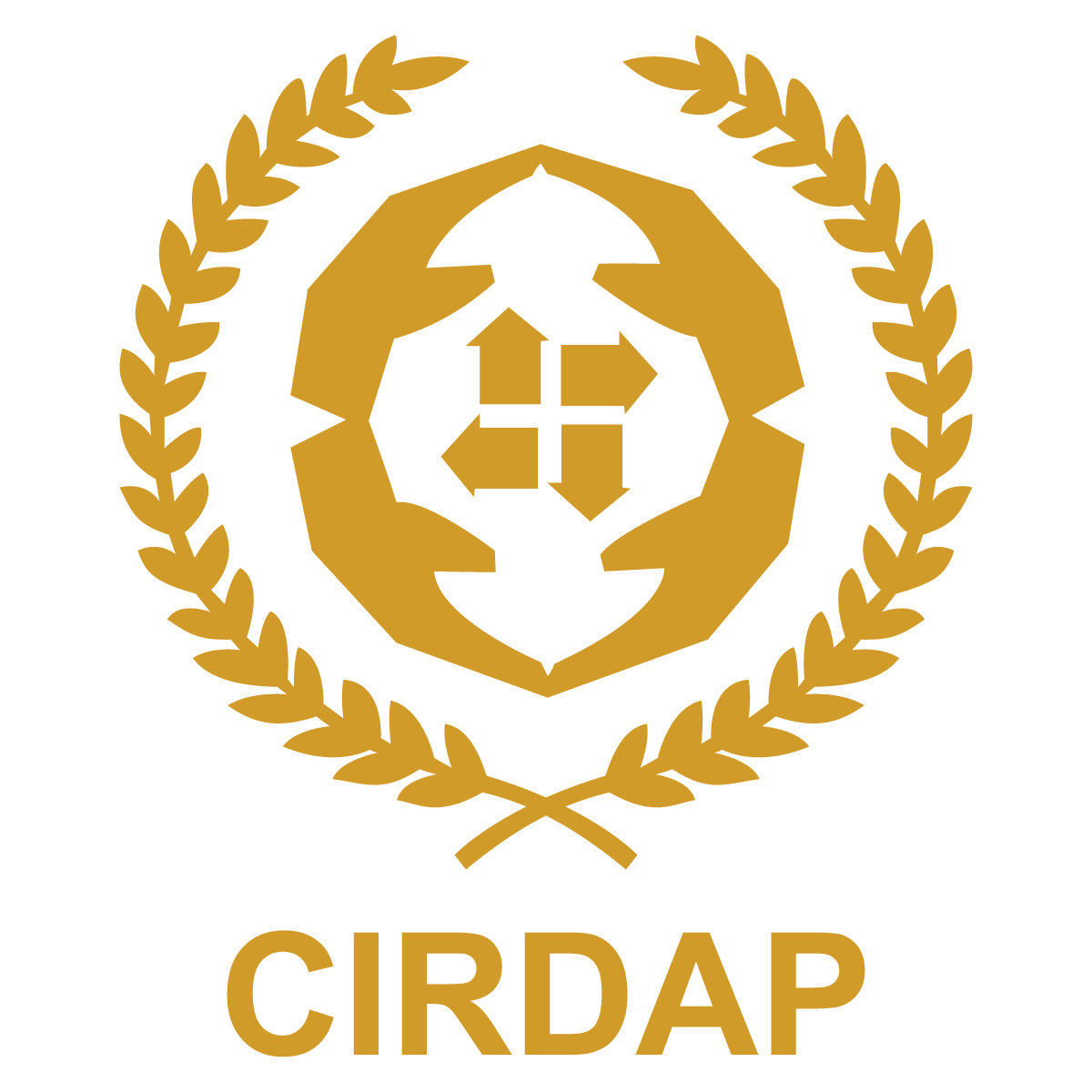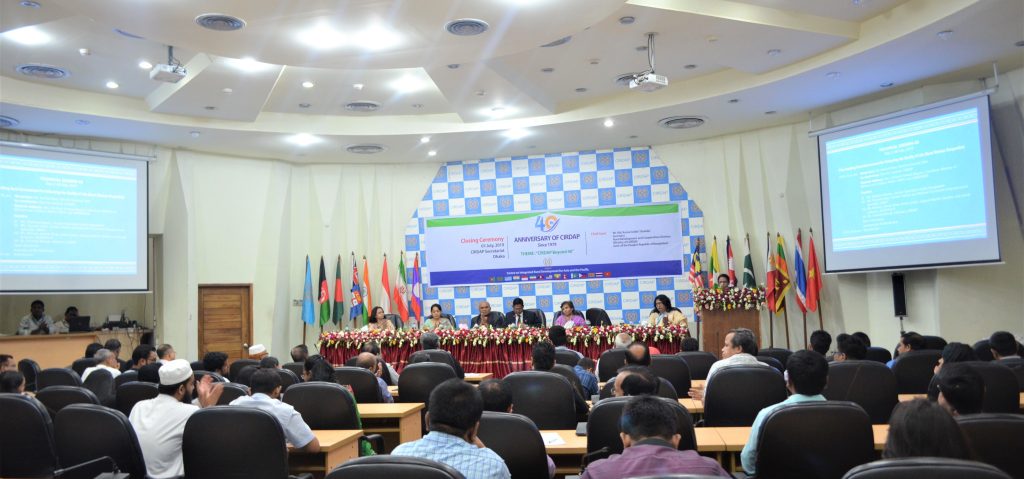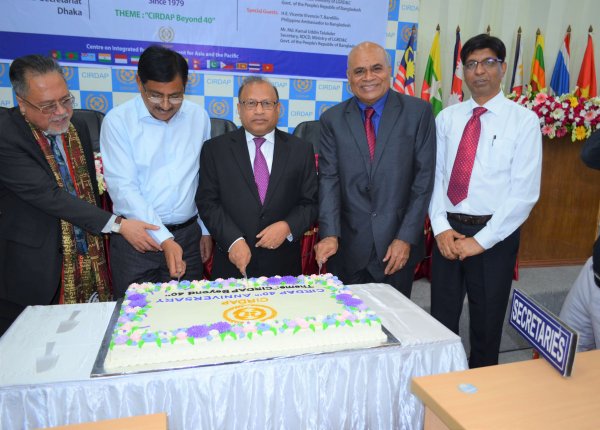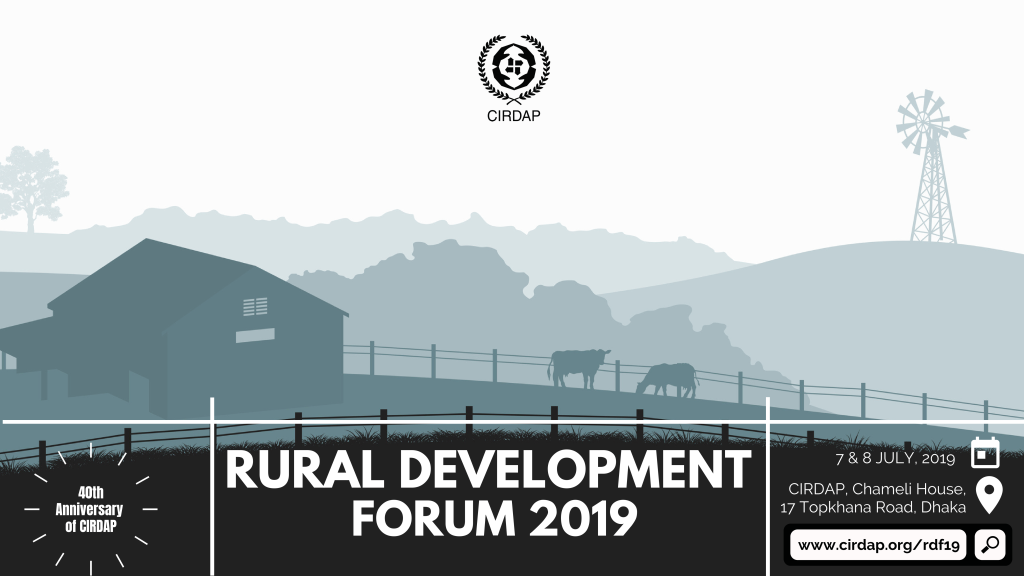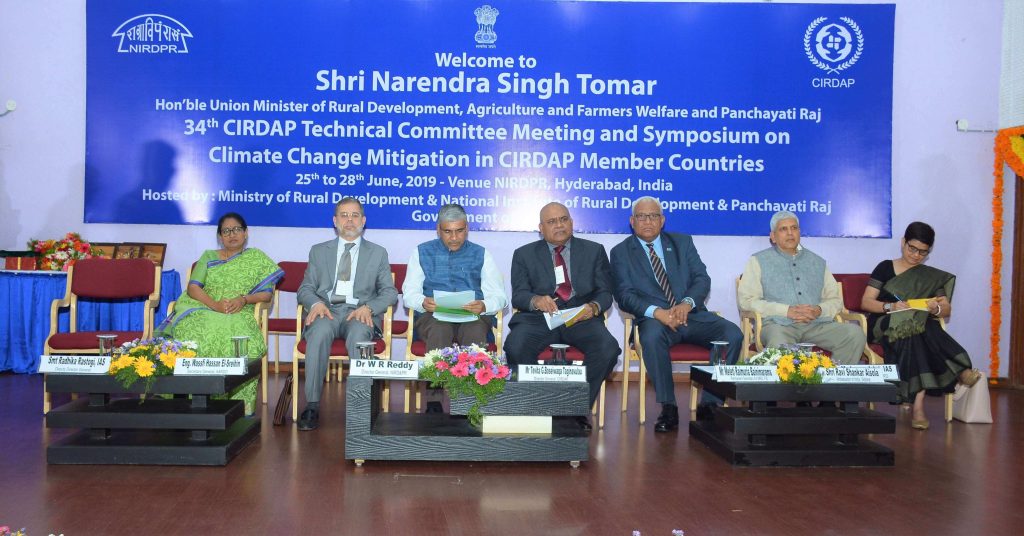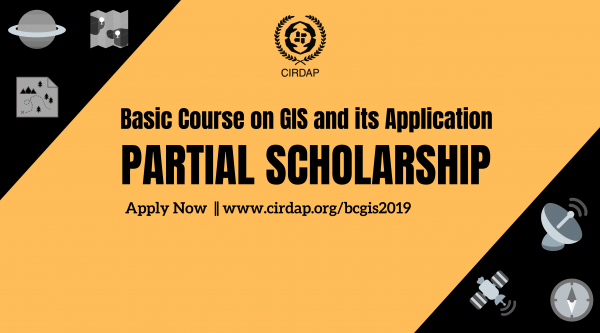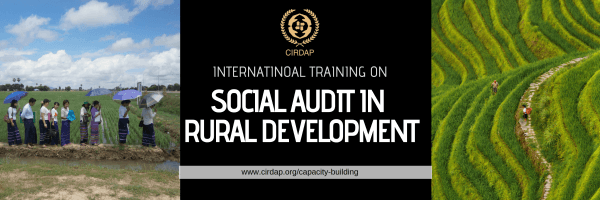Rural Development Forum 2019 held
The Rural Development Forum 2019 titled “Enabling Rural Environment for Enhancing the Quality of Life” was held on 7-8 July 2019 at CIRDAP International Conference Centre (CICC), Dhaka. The two-day long Forum has been organised by the Centre on Integrated Rural Development for Asia and the Pacific (CIRDAP) marking its 40th Anniversary. The Forum was inaugurated by Honourable Minister, Mr. Tazul Islam, MP, Ministry of Local Government and Rural Development & Cooperatives, Government of Bangladesh as the Chief Guest. As a special Guests, Mr. Md. Kamal Uddin Talukder, Secretary (RDCD), Ministry of Local Government, Rural Development and Co-operatives, Government of the People’s Republic of Bangladesh was present along with His Excellency Vicente Vivencio T. Bandillo, the Philippine Ambassador to Bangladesh who represented the Chairpersons of Governing Council and Executive Committee of CIRDAP. Mr. Tevita G. Boseiwaqa Taginavulau, Director General of CIRDAP presided over the meeting. The meeting was attended by diplomats and dignitaries from CIRDAP member countries, development Practitioners from international development organisations, Scholars, students, and Researchers. Highlighting the different initiatives of the Government of Bangladesh, the LGRD&C Minister Mr. Tazul Islam, MP hoped that the forum will come up with new ideas to accelerate integrated rural development in Bangladesh and other CIRDAP member countries. Noting the differences and commonalities in different countries of Asia-pacific, Mr. Tevita, DG CIRDAP, highlighted the importance of collaboration among countries. The Forum is consists of four technical Sessions as follows: The first session titled “Enabling Rural Environment for Enhancing the Quality of Life: Farm Perspective” was moderated by Dr. M. Zainul Abedin, International Consultant, JICA. The Keynote Address was presented by Dr. Imanun Nabi Khan, Coordinator, Missing Middle Initiative, and Mr. Anil Kumar Das, National Consultant (Programme), FAO-Bangladesh. Dr. W.M.W. Weerakoon, Director General of Department of Agriculture, Ministry of Agriculture, Govt. of Sri Lanka; Mr. S.M. Mahmuduzzaman, Team Leader, Swiss Contact; Dr. Nasreen Sultana, Senior Program Specialist, SAC; and Dr. Shahpar Selim, Programme Coordinator, NRP, UNDP were present as the Panellists. In the first session the keynote presenter mentioned that, “Smallholders constitutes more than 80 percent of the farming community worldwide and provide over 80 percent of the food consumed in a large part of the developing world. The Asia and the Pacific (AP) region is home to 74 percent of the world’s smallholder farmers of the estimated 570 million farms worldwide (Lowder et al. 2016). Among the top five countries with the most extreme poor in the world, India and Bangladesh ranked first and fifth respectively and constitutes more than 25 percent of the world’s extreme poor whose daily income is less than 1.90 US dollars (WB 2018) . Within the region, South Asia is the worlds hungriest region with a Global Hunger Index score of 30.5 . The dispersion of this poorer segment is higher in rural areas and among smallholdings of farming community’. Although it is recognized that food security largely depends on smallholders family farming but they have the least access to the basic services such as credit, agricultural extension services and natural resources. To mitigate challenges of access of smallholders, the discussant suggested – Mobilizing smallholders into farmers’ organizations (FO), Making farming attractive to youth, Ensuring Access to Market, access to Finance and technology, Institutional capacity on climate change adaptation and resilience etc. In the keynote address, Dr. Imanun Nabi Khan, Coordinator, Missing Middle Initiative, and Mr. Anil Kumar Das, National Consultant (Programme), FAO-Bangladesh also suggested that, “A regional climate resilient framework for livelihoods and land use practices should be established especially in the climate change hotspots of the countries and necessary mechanism for scaling up to initiate a transformational change across the climate vulnerable landscape”. The second session titled Enabling Rural Environment for Enhancing the Quality of Life: Non-Farm Perspective was moderated by Dr. Mizanur Rahman, Director General, BARD while Mr. William Allan Cristensen, Founder of Poverty Eradication Program (PEP), Bangladesh gave the Keynote address. The Panellists were Dr. Kazi Anowarul Hoque, Additional Secretary, Ministry of Local Government, Rural Development & Cooperatives, Government of the People’s Republic of Bangladesh, Dr. Zaki Uz Zaman, UNIDO Country Representative, Bangladesh Ms. Shahanaz Begum, Consultant, ADB, and Mr. M.H. Kawsar Rudro, Communication Officer, CIRDAP. In the second session, the keynote presenter Mr. William Allan Cristensen mentioned that, “Poverty in CIRDAP countries is still widespread and the poor people are mostly concentrated in locations which are away from roads, markets, schools, health facilities and other social institutions. The economic, social, political and other forms of exclusion are pervasive for women and girls at both national community levels and within households. Unexpected events like natural and manmade disasters, global economic crises, and health shocks have pervasive effects on the lives of the poor with little avenues to move upwards”. He recommended that, “the CIRDAP member countries including Bangladesh need to take all possible measures for (i) mobilizing domestic resources including tax and non-tax revenues; (ii) creating strong, diversified and stable financial sector; (iii) developing domestic institutional investors; and (iv) providing incentives to the private sector to increasingly participate in development activities. The CMCs also need to work together to attract more external resources, access knowledge base and build development capacities”. The third session titled ‘Enabling Rural Environment for Enhancing the Quality of Life: Rural Women Perspective’ was moderated by Mr. Aminul Islam, Director General, Rural Development Academy (RDA) Bangladesh while the Keynote address was given by Mrs. Ferdousi Sultana Begum, Consultant, Ministry of Women and Children Affairs, UNDP and UNWOMEN. The panellists included Ms. Shahana Begum, Gender Specialist, USAID-Bangladesh, Ms. Sharmin Islam, Gender Advisor and Women’s Economic Empowerment Specialist, UNDP, Ms. Bidowra Tahmin Khan, Team Leader, Support Market Systems and Social Inclusion, ACDI/VOCA and Dr. Usharani Boruah, Librarian, CIRDAP. The last session titled “Enabling Rural Environment for Enhancing the Quality of Life: Rural Youth Perspective” was moderated by Mr. Quazi M. Ahmed, Lead Consultant and CEO, Future Leaders and Keynote Address was presented by Mr. Ataur Rahman Miton, Country Director, Hunger Free World Bangladesh, and Former Professor, North South University. The panelists were
